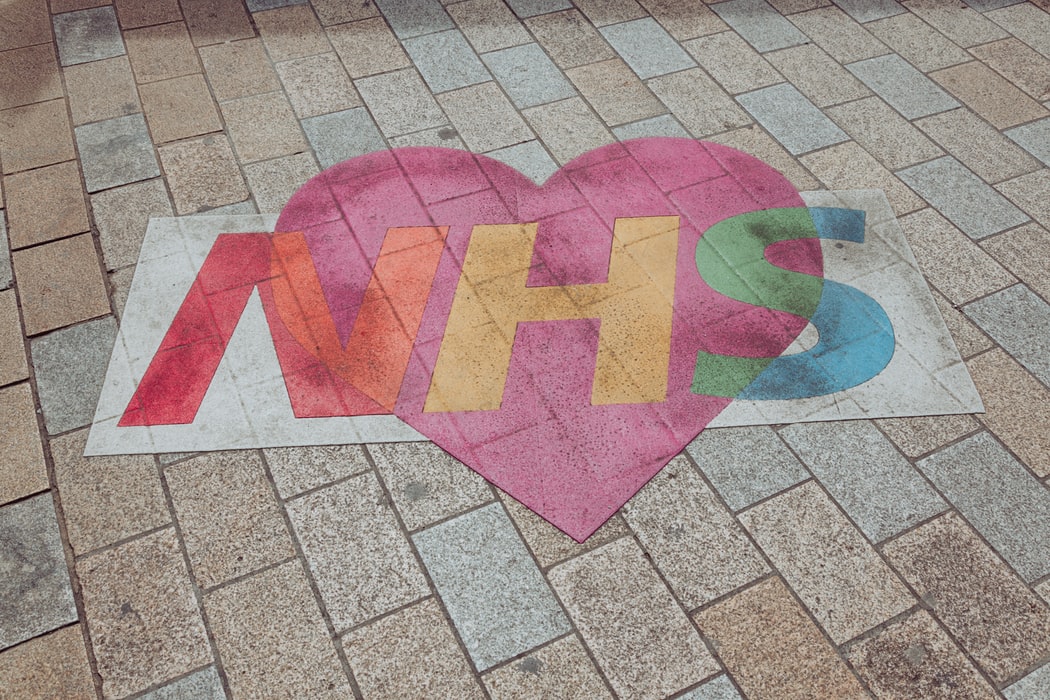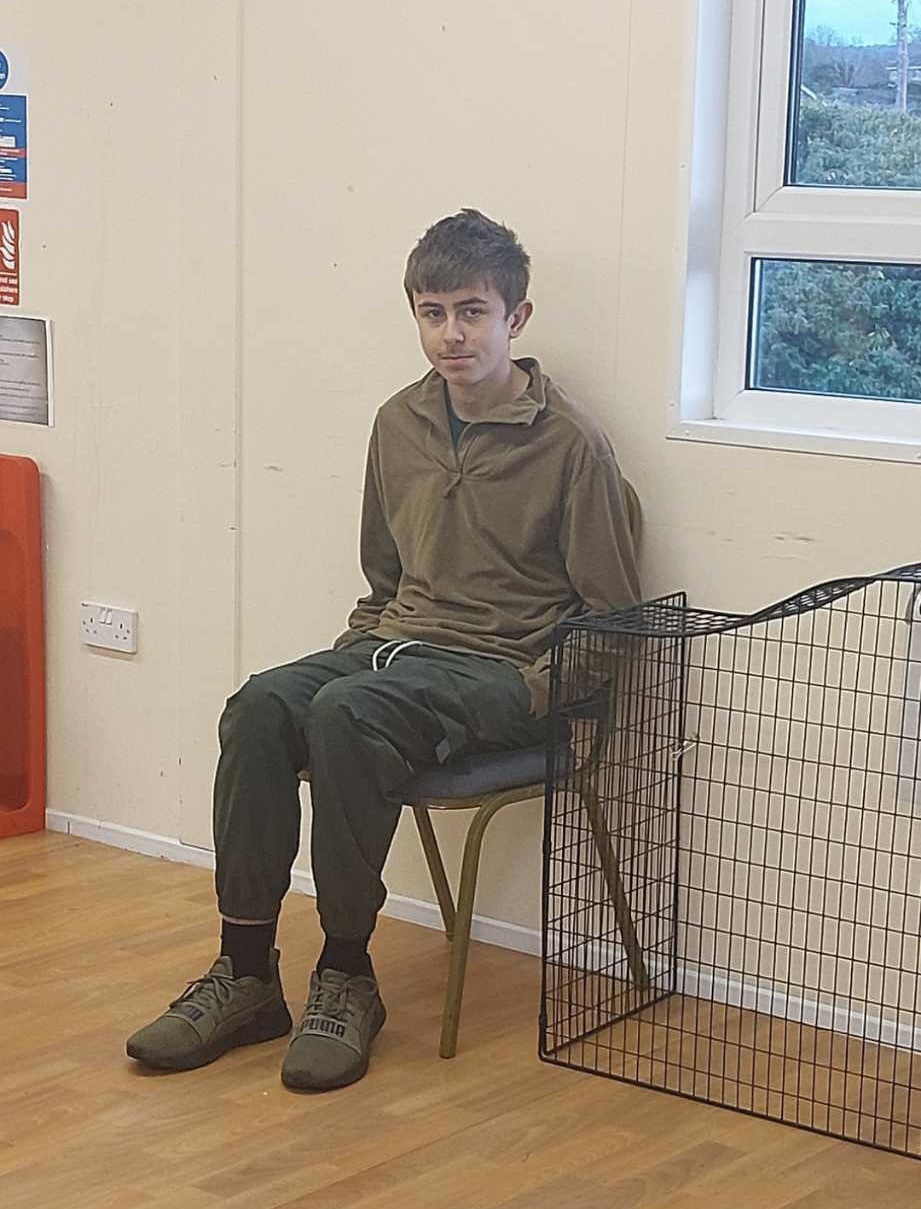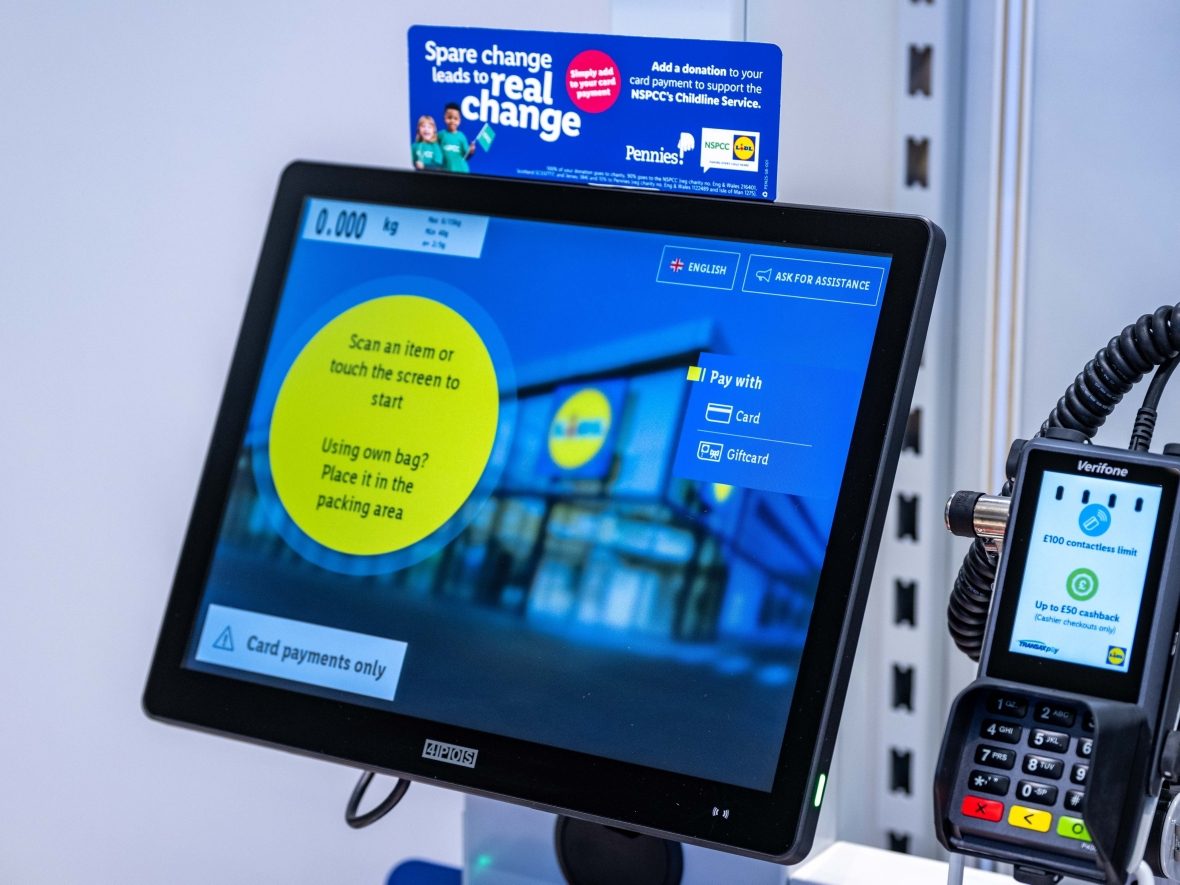Health leaders in Herefordshire and Worcestershire are encouraging parents and carers to be aware of the signs of respiratory illnesses in young children.
Respiratory illnesses, including colds and respiratory syncytial virus (RSV), are very common in young children and are seen every year.
Last winter, due to the various restrictions in place to reduce the spread of COVID-19, there were far fewer infections in younger people. This means many will not have developed immunity and so more cases may be seen this year than in a typical season.
For the majority of children, these illnesses will not be serious, and they will soon recover following rest and regular fluids. In Worcestershire, parents can download HandiApp to get up-to-date local advice about common childhood illnesses and how to treat them, with plans in place to launch in Herefordshire. More information is available here: Herefordshire and Worcestershire ccg – HANDi Paediatric app (Worcestershire).
RSV is a very common virus and almost all children are infected with it by the time they are 2 years old. In older children and adults, RSV may cause a cough or cold.
However, some children under two, particularly those born prematurely or with a heart condition, can suffer more serious consequences from these common infections such as bronchiolitis, an inflammatory infection of the lower airways – which can make it hard to breathe.
Whilst RSV numbers are rising, COVID-19 also continues to be present. You should still arrange for your child to be tested should they develop a high temperature (37.8 or above), a cough or, for older children, a reported disturbance in the sense of taste or smell. In this instance they will require a formal PCR test rather than a home lateral flow test.
Dr Louise Bramble, GP and Clinical Lead for Women and Children for NHS Herefordshire and Worcestershire CCG said: “For most children these illnesses won’t be serious and they will soon recover with simple, supportive measures such as temperature control and regular fluids. However, some children under two can experience more severe infection from these common seasonal illnesses.
“If a child under two is suffering with the symptoms of a cold, keep an eye on their symptoms and please contact your GP practice if they appear breathless, have difficulty feeding or if you are concerned about their illness or recovery.
“It’s important that we carry on with good hygiene habits that we’ve become used to during the pandemic, to protect ourselves and those around us. This means washing your hands regularly, particularly after catching coughs or sneezes in a tissue and staying away from others if you feel unwell. Although measures such as face masks and social distancing are no longer mandatory, these will continue to protect you and your children from respiratory illnesses, including RSV and COVID-19”
The early symptoms of bronchiolitis are similar to those of a common cold but can develop over a few days into a high temperature of 37.8°C or above (fever), a dry and persistent cough, difficulty feeding, rapid or noisy breathing (wheezing).
Most cases of bronchiolitis are not serious and clear up within 2 to 3 weeks, but you should contact your GP, visit 111.nhs.uk or call 111 if:
- You are worried about your child.
- Your child has taken less than half their usual amount during the last 2 or 3 feeds, or they have had a dry nappy for 12 hours or more.
- Your child has a persistent high temperature of 37.8°C or above.
- Your child seems very tired or irritable.
Dial 999 for an ambulance if:
- Your baby is having difficulty breathing.
- Your baby’s tongue or lips are blue.
- There are long pauses in your baby’s breathing.
While still at low numbers, respiratory infections in young children are expected to rise this summer and as we go into the winter months.




